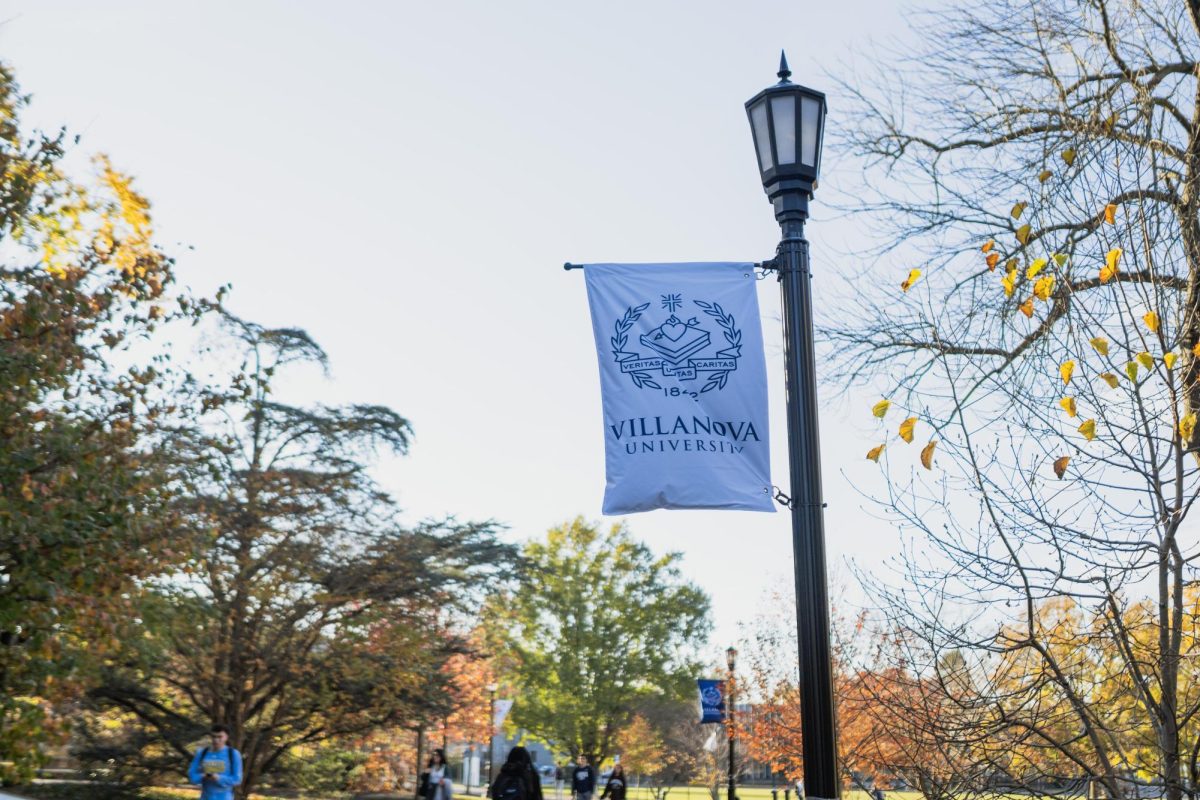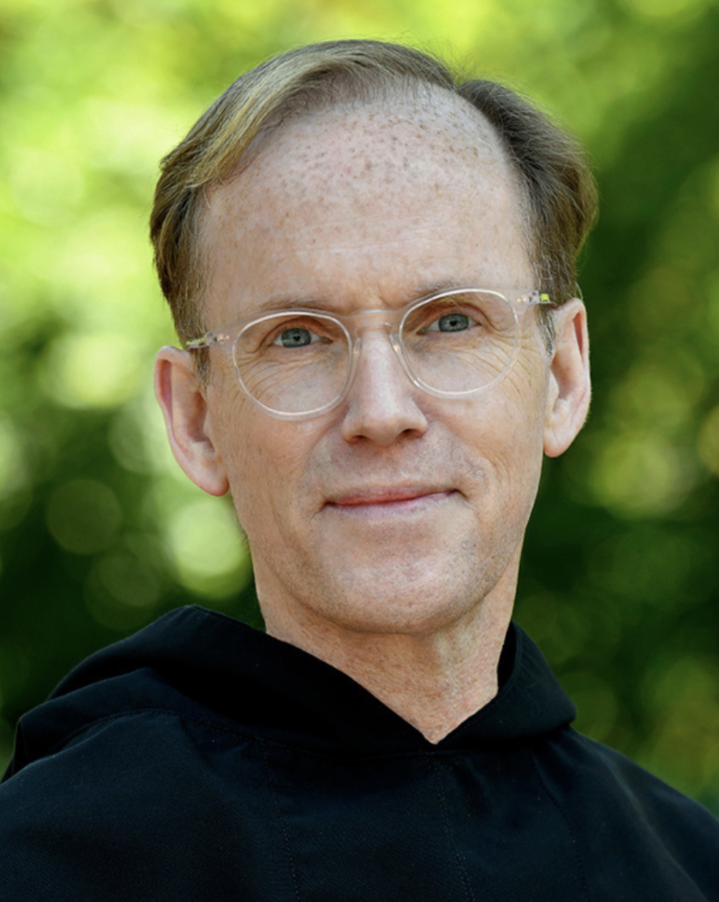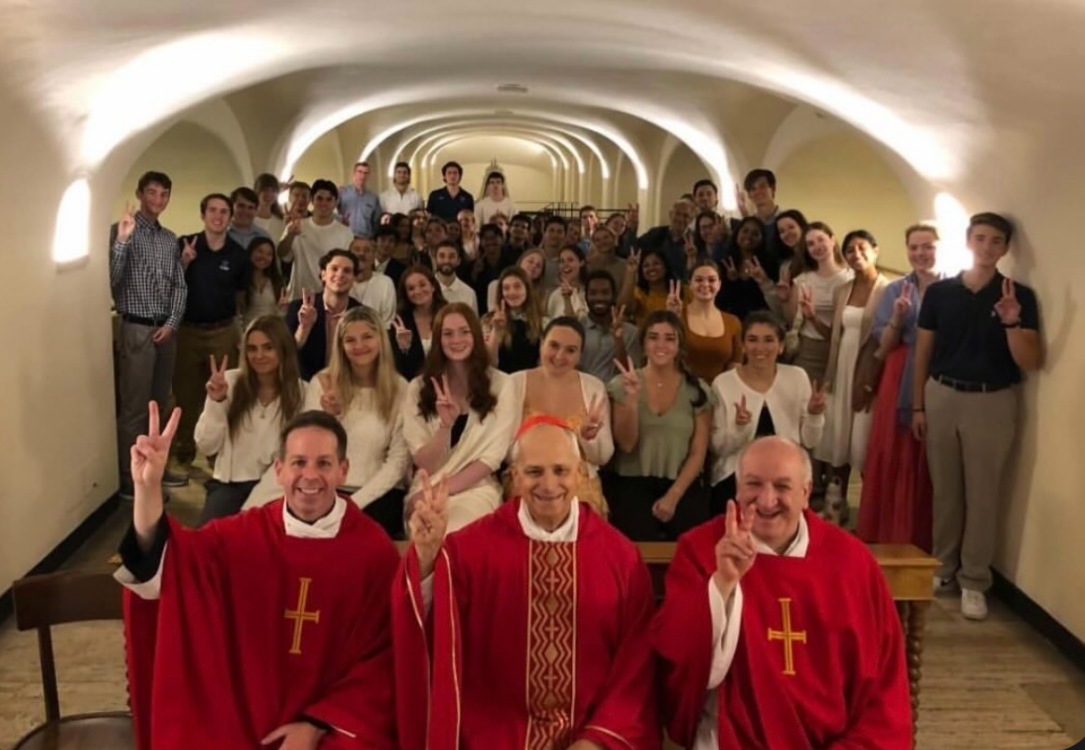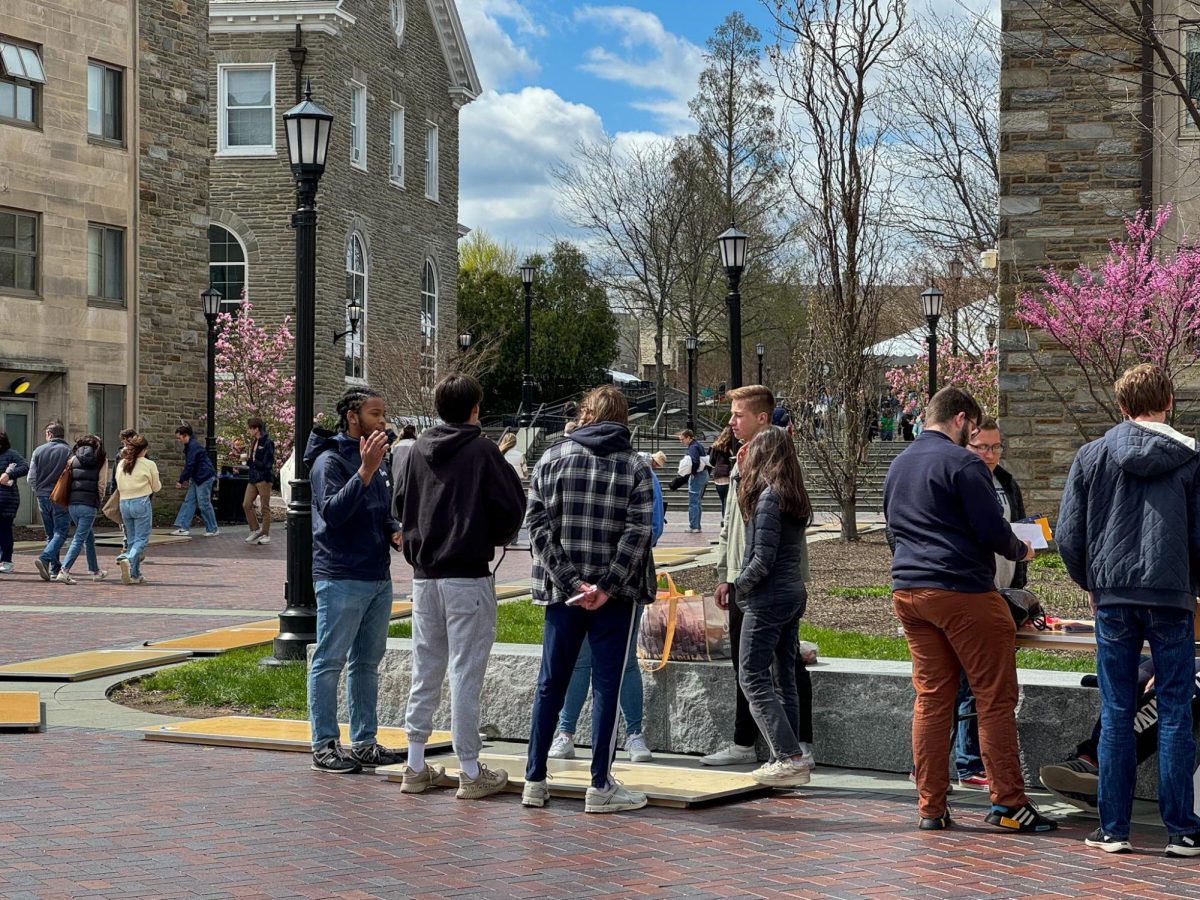For the 17th year in a row, Villanova University has been named a top producer for the prestigious Fulbright scholarship. However, considering the recent political trajectory of cuts to funding across federal departments, the legacy of the Fulbright Program as we know it may be drawing to a close.
Last week, thousands of people participating in similar scholarship programs through the U.S. State Department received word that the funding for these initiatives would be put on hold until further notice.
Out of 99 applicants at Villanova, 46 of these undergraduate students were named semifinalists. According to a press release from Feb. 25, these students will be notified of their status within the next two months, allowing winners of this esteemed grant to teach or research abroad for the 2025-26 academic year.
“Our students and alumni continue to distinguish themselves as scholars and leaders, using their Villanova education to foster meaningful connections across cultures and make lasting impacts worldwide,” University President Rev. Peter M. Donohue, O.S.A., Ph.D. said in a press release.
At a school that prides itself on its top-ranked academics, emphasis on principled civic engagement, and cultural awareness through various study abroad opportunities, this program serves as a chance to combine these values and apply them to a unique experience gaining expertise in a new environment.
The Fulbright Program was founded in 1946 to foster understanding among people in the United States and other countries throughout the world. The majority of funding for the Fulbright Program, which has benefited more than 400,000 scholars over the past 80 years, comes from annual appropriations from the U.S. Congress to the U.S. Department of State’s Bureau of Educational and Cultural Affairs.
“As a semi finalist for Fulbright, I am disappointed at the United States’ lack of commitment to cultural exchange,” junior psychology major Emma Stecher said. “Immersive experiences abroad are crucial to becoming a global student and citizen for the betterment of the country. Educational grants that fund those opportunities help us grow as people and as a country to continue to engage critically with ideas of justice and politics at the heart of international relations.”
These funding changes will also impact current undergrads across America, regardless of their plans after college.
Others, like those who work in Residence Life who daily interact with students whose Villanova education can be negatively affected without funding, agree with Stecher.
“As an R.A., I see firsthand how crucial funding is for my residents and myself,” sophomore Jack McLaughlin said. “My residents often come to me with concerns, worried about how they’ll afford their education in this new Trump presidency. It’s heartbreaking not to have all the answers or solutions for them, especially when cuts to many programs like Fulbright would limit opportunities for students who rely on these resources to succeed.”
In addition to the Fulbright scholarship, countless upperclassmen at Villanova who are looking into graduate education are rethinking their plans. Considering recent headlines that highlight the intent to dismantle the U.S. Department of Education and cut funding for certain research in the social and natural sciences, the future of graduate education may seem uncertain to say the least.
For instance, the University of North Carolina, Chapel Hill, has seen a 25% cut in graduate school admissions this year, and similar measures are expected at Duke University to accommodate anticipated changes in federal support.
Partner organizations that seek to promote equity in graduate school opportunities are similarly being targeted. The Department of Education is now investigating 45 universities partnered with “The Ph.D. Project,” a non-profit aimed at supporting students from minority groups pursuing advanced degrees in business.
“The funding cuts are scary,” junior neuroscience major Marie Loroz said. “I applied to several summer research internships that completely shut down their programs after Trump froze funding, and I am becoming increasingly concerned about applying to grad school following cuts to admission rates. I may be forced to rethink a career in research.”
Although the future may be difficult to predict at this point, the University’s commitment to supporting education for all students was emphasized in a statement from Fr. Peter.
“I know there has been much uncertainty regarding what these changes might mean for you, your family and your friends,” Fr. Peter said. “In the fullest sense of transparency, we will need to make some changes to comply with these orders, but I assure you that all community members will continue to have a place at Villanova.”







